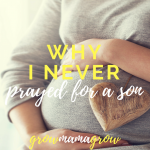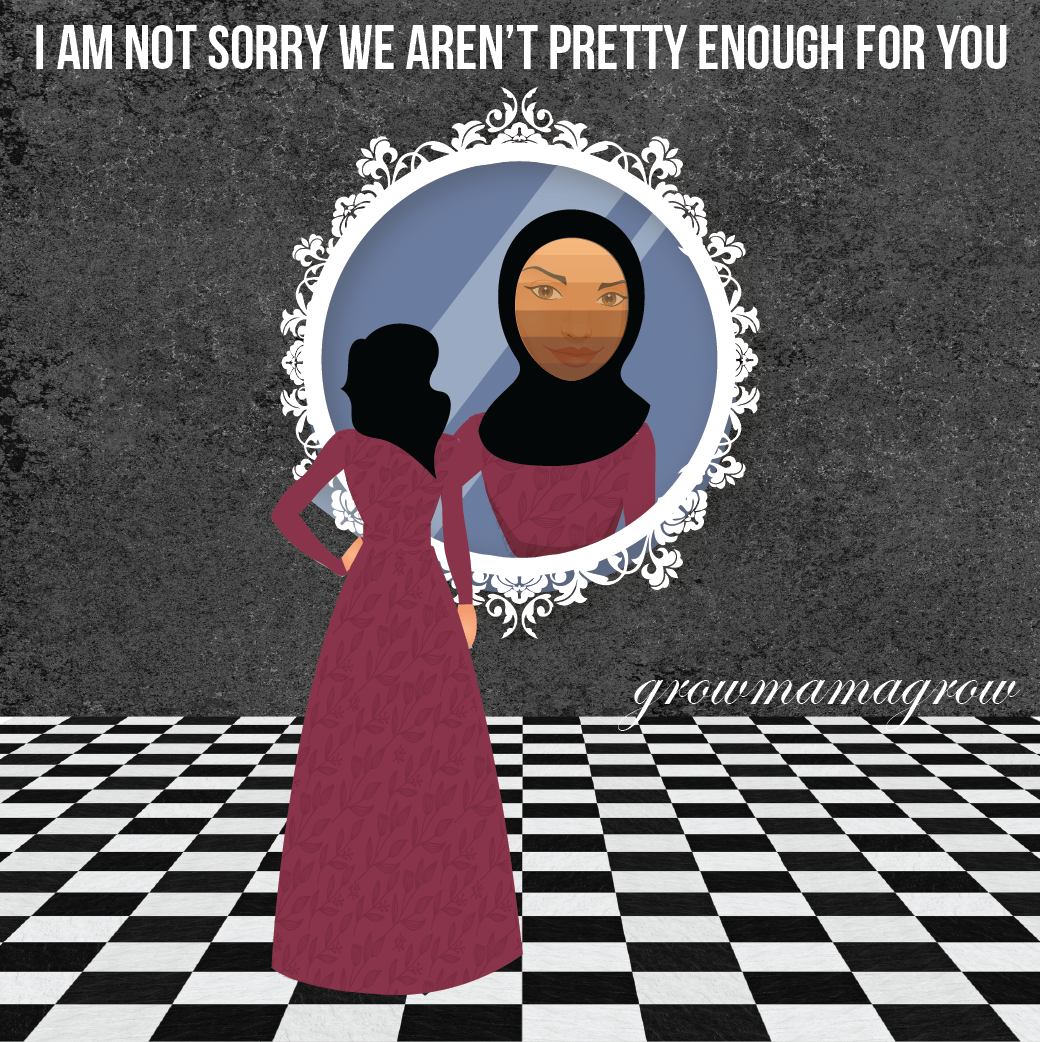
Because my kids are homeschooled, the pressure around holidays is not as intense. But when the neighbors in our new neighborhood went all out and decorated their home with pumpkins, ghosts hanging in the trees, and a two-story, inflatable Frankenstein, I knew this was the year we would talk about Halloween. My children are very fond of their next-door playmate, a little boy the same age as my oldest first-grader.
“Why is Ryan’s house all decorated?”
A few days earlier, I enjoyed a visit with another mom. Her approach was to tell her children, “That is their holiday, and we have ours.” She took away some bat and pumpkin stickers they had received, and that was that. I knew that would not be my own approach.
As much as I want my children to have a solid Islamic identity, I do not want them to be crippled by an attitude of isolation and superiority over other people. I do not want them to view their society with the lonely and paralyzing perspective that everyone else is the other. They will never be able to be the neighbors that Islam teaches us to be, the friends, the citizens, the activists, if they do not feel a genuine kinship, humility, and connection with the people around them.
At the same time, they must believe firmly, strongly that the guidance they have in front of them is the truth. Not everything is OK, not everything goes. To each his own is not a maxim that a believer in God can live by. There is one straight path. We bear witness to that every single day. It is a fine line, this distinction, but such a crucial one.
While the permissibility of Muslims trick-or-treating is up for discussion and I have not researched the arguments for or against, I believe that it is not something that is worth the time or attention of my children and does not mesh with the values they are growing up with.
So I answered in short sentences. I paused before answering, taking my time, so I could think about what meanings I wanted to communicate. I wanted them to ask the questions and direct the discussion, so they could feel ownership over the answers. We are very used to this purposeful, meandering style of discussion in our home, and my children are growing up loving it.
“They are celebrating a holiday called Halloween. A lot of people celebrate it. But a lot of people don’t, like us.”
Why don’t some people celebrate it?
We parked the car in our driveway. I left the heat on, since I knew we would be sitting there for a while.
“Because there are meanings behind it that don’t agree with Islam, that aren’t pleasing to Allah.”
What kind of meanings?
“Well, it came originally from paganism, religions that don’t believe in God and worship idols and other things in creation. It also has a lot of things associated with it that we don’t want to be a part of, like imitating the devil, scaring people, dressing up, and ghosts. Some kids go out and dress up and go door to door saying, “Trick or Treat,” but a lot of other families don’t like their kids to participate because of those meanings.”
I saw the eyes of my children linger on their neighbors’ decorated house as they thought about it.
Then why does Ryan celebrate it?
This is where the challenge lies for us, the parents of American Muslim children. How do we make them proud of their faith, confident in the differences between Islam and other faiths, but without developing disdain or separation from their friends and neighbors?
“Well, think about Eid. What if I told you that Eid was just about candy and pretty dresses and presents? Is that true? Or is their a deeper meaning behind our holiday?”
Eid is more than just that.
My eldest summarized the significance of the two Eids: celebrating the end of Ramadan, being happy that we are Muslim, celebrating the season of Hajj, and the sacrifice of Abraham.
“Yes, exactly! But you know, some Muslims don’t read or think very deeply, and they actually do think Eid is just about dressing up and eating good food. I want candy, I want dresses! YUM YUM YUM!”
Giggling.
“In the same way, a lot of our friends and neighbors may not think too much about the deeper meaning of Halloween. They just like it because they get to dress up and eat candy and do fun things.”
I say each of their names, watch them nod, registering this.
“That’s OK, they are still our friends and neighbors. We care for them very much. We are all human and make mistakes, and the Muslim is always merciful with other people’s mistakes because that is what Allah loves.
“Maybe someday, we can talk to them about it and tell them what we believe in and why we don’t celebrate it. But for now, because we know, because we read and discuss a lot in our family, because we have the Quran, and because we think a lot about things and try our best to find out what pleases Allah and what doesn’t, we know that Halloween isn’t something good for us.”
Our conversation continues. When you’re older, we can learn some more about it, maybe watch the History Channel’s program on Halloween. We talk some more, I rehash the answers in different words and from different angles, and you are satisfied. The jack-o-lanterns and candy no longer look so enticing to your eyes. There is something deeper in your small, big hearts to give you strength. Most importantly, you have gone one more step in making sense of your world, your obligations, and your relationships with other people.
Maha Ezzeddine
Maha is a homeschooling mother of four children (6, 4, 2, and 1) and lives in Michigan. She is an active MAS worker and loves being in nature, writing, and working for Islam. She blogs occasionally at Even Sparrows Pray.











